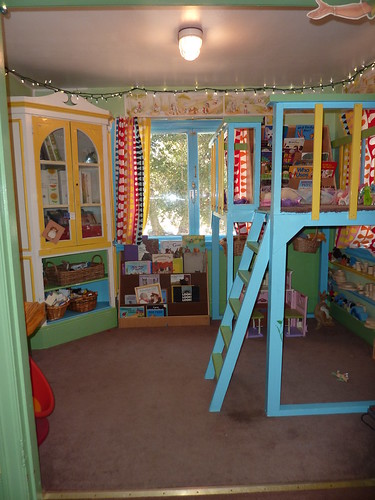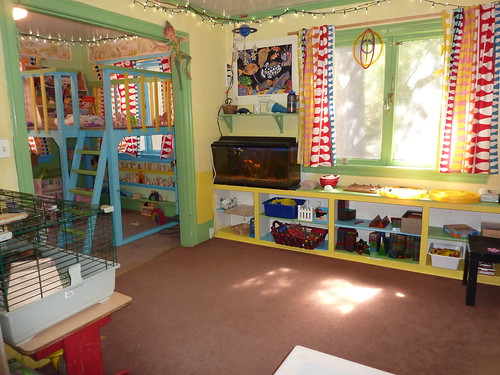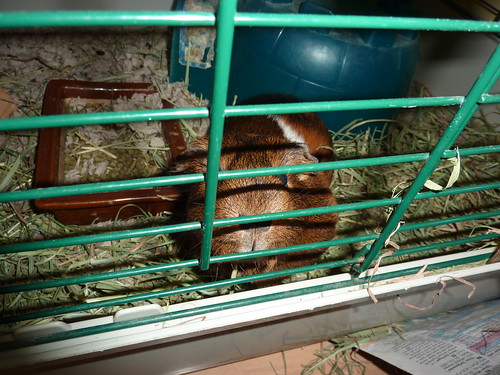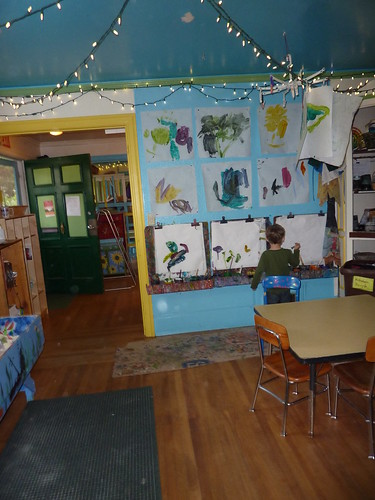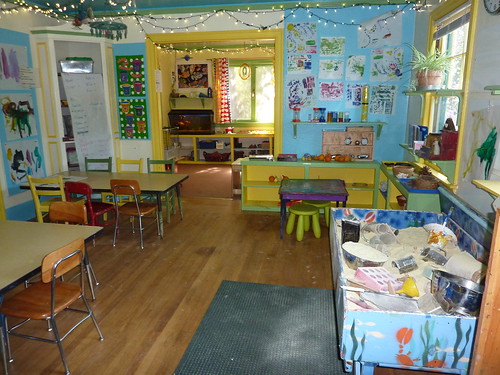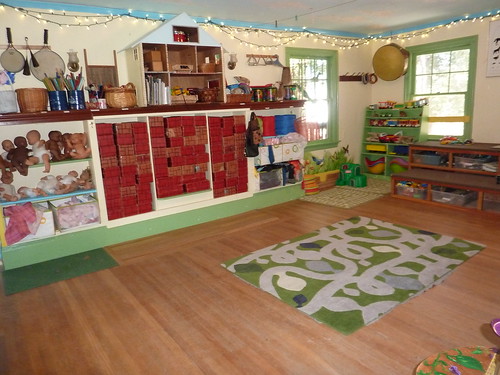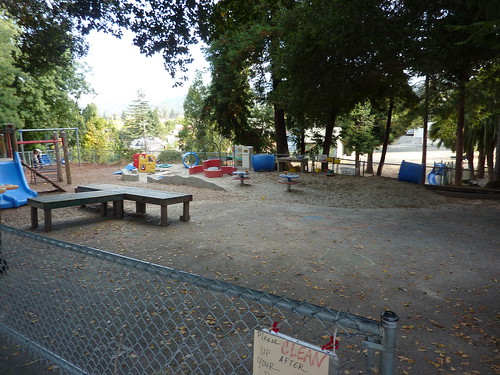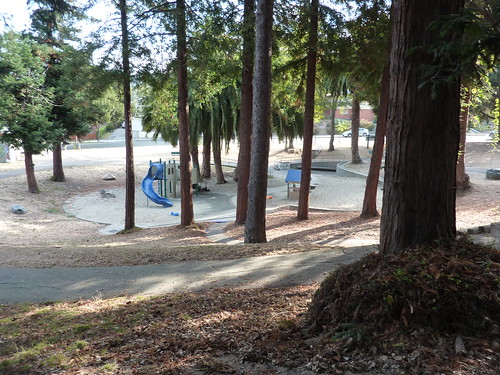So I’ve been reading a lot about e-publishing in the past few days, and it’s fascinating. The indie DIY hipster in me is just utterly charmed. There’s this whole new culture springing up (although in a lot of ways it isn’t new, it’s an extension of fandom and fan writing) where writers and readers are connecting with each other without any mediation. No gatekeepers, no arbiters of taste, no curators of art. This is back to some seriously old-school bardic/skald/traveling minstrel shit, yo. You tell your story right directly to the unwashed masses, and if the unwashed masses like it, they throw you their pennies. Otherwise they fling tomatoes and manure.
This is where publishing is going. This is how it’s going to work. I’m convinced of it. Literary agents are going the way of travel agents: in a few years most of them will not be employed in the same way. Don’t get me wrong, there will still be a few agent specialists who serve really big clients, but the vast majority of authors (like the vast majority of travelers) are not going to work through agents. Similarly, big publishers aren’t going to employ people to read through slush piles. Instead, stories will just be thrown out directly to the audience, and the ones that become popular will be picked up by publishing houses to get editing, distribution, and wider promotion. This is going to be great for publishers because instead of having to make expensive guesses about which books might become best-sellers, they’ll be able to simply monitor the swirling Internet slush-pool and skim the cream right off the top. It will be great for readers too: the voracious readers will have as many books available to them, in every possible genre, as they care to read, and all of it will be extremely cheap. Meanwhile, pickier readers will still be able to rely on having higher-quality material packaged for them by publishers.
Despite the doom-saying coming from some quarters, I’m convinced it will also be great for most writers. A certain class of writers—the MFA-bred, New York-refined, “literary” writer—will suffer. That self-sustaining and self-reinforcing world, where only writers of a very narrow stripe are printed in the prestigious magazines, given the prestigious literary awards, or reviewed in the prestigious journals, will survive, but its hegemony will shatter. In its place will be a million sub-communities of writers and reader-reviewers, each with their own ways of promoting work from within, and each of which will have their own particular standards of quality. The advantage for writers is that they’ll be able to access these audiences directly.
What’s happening right now in e-publishing is that an army of amateurs are becoming professionals. Writers who simply couldn’t get their work through the door of a New York publishing house—who in the old days would’ve been locked out of publishing forever because they couldn’t get past the first hurdle—now are learning their craft by doing: by writing books, publishing them, getting feedback, and improving. And they are making a living. I loved this post: “‘I like the feel of a book in my hands.’ Bullshit. I like the look of a royalty check in my bank account.”
Of course, as always, the money-making leader on the Internet is…porn. Most of the money in e-publishing right now is heavily tilted toward romance and erotica. But I think the other genres are going to follow. Romance is the commercial leader in e-publishing because that market was already online. I do suspect that it has a lot to do with fandom, where for many years now a lot of women have become very much accustomed to writing reams of shameless smut and sharing it with each other. Over the past decade I’ve watched these fan communities nurture and train new writers—I can name authors who started off churning out undisciplined purple prose and are now writing at a level of craft that easily surpasses what you would find by picking a random book off the shelf at your local bookstore. (If you have a local bookstore anymore.) And just as inspiring to me is the way fan communities have nurtured and trained their editors—they’re called “betas,” as in “beta testers,” a term borrowed from the software industry, but what they are is editors and they’re acknowledged to be invaluable.
Now that existing dynamic is being translated into the wider community of writers and readers. The key breakthrough, to me, is that a writer doesn’t have to learn her craft by toiling alone in a candle-lit garret, producing manuscript after manuscript that will never be read by anyone but her mom, until finally the Muses descend and in a feverish burst of creativity she writes Ulysses (only to be crestfallen when she learns that somebody else already wrote Ulysses). Instead, she can learn her craft by joining a community of readers who will give her feedback and encouragement and even money—not much at first, but if her stories are entertaining and her prose is competent, her audience will grow. This is a great thing for young writers.
Since I left the publishing world (I was in magazine publishing, but we were rocked by the same basic forces that are capsizing book publishers now) I’ve been vaguely aware of the e-publishing phenomenon, but I hadn’t bothered to investigate it in any depth. Now I’m looking into it from the viewpoint of someone trying to sell a product, and it’s really, really exciting. A lot of people are very upset and anxious about what’s happening to print publishing; I was upset too, hearing about editors being axed, well-established imprints folding, bookstores closing up shop, cherished magazines and newspapers dying. This transition is painful. But I think what’s on the other side is going to be kind of awesome.
